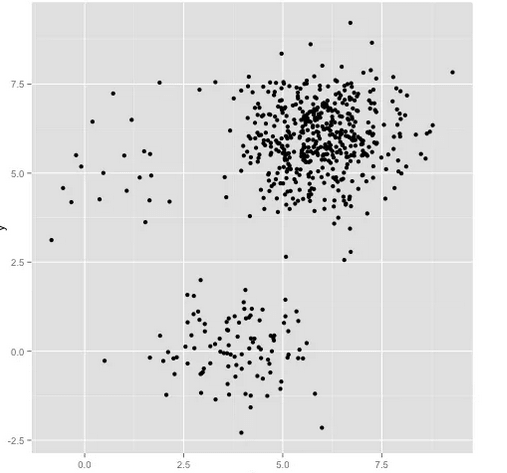Wondering if there is such thing as a language without an accent. This is probably naïve, but to me as an English speaker it feels like I can tell when someone has an accent or not, myself included. For example, the people on the news typically don't have an accent (even though they talk in a "tv broadcaster"-like way). Their voices sound plain and straight. They don't seem slanted or gnarled. I don't typically talk that way, I say some words in "slanted" ways. A few examples of accents in American English are:
- Chicago accent
- Minnesota accent
- New York accent
- Southern accent
Then outside of the US there is the Canadian accent, the British accent, etc. And then pretty much all non-English-as-a-first-language speakers have an accent unless they pick it up early.
But the more subtle (and sometimes not so subtle) ones I'm interested are the American English accents.
First question I guess is, if there is such thing as "speaking a language without an accent", like it feels like the news broadcasters do. Or if it's instead a nurture thing, i.e. you are raised to think a certain way of speaking a language not only is "without an accent", but also sounds without an accent. I feel like we can think a language "is without an accent", but later realize we have an accent. However, I feel like we can recognize what a language should sound like "without an accent". For example, when I hear native Spanish speakers, or other native language speakers, I feel like I can tell when they have a "good" accent; an accent that a news broadcaster would have in their language. The words are clear, the words are straight, the words are not slanted. Those are the best words I can currently come up with to describe it.
But who knows, maybe it is all nurturing, and the sound of a "news broadcaster without an accent" is something you're raised to admire. But I would hope its not. A counter point is when I first heard the click language. I have no idea if it sounds like a news broadcaster would do it. I can't tell if it's "without an accent". At first at least. I'm guessing what I would do then is listen to a few more examples of speakers, and identify with the speaker, and learn to like "their voice". And whatever voice "sounded most appealing" would be the ideal, and that would be the one "without an accent". I have no idea which is why I'm asking the question here, the first part.
So in some ways it seems like the "without an accent" sound is whatever "sounds best" using that languages set of rules. By "sounds best", I have no sense of how to clarify that.
But given that there is a sort of "ideal" in the language, the one that we recognize as "without an accent", I'm wondering what this means. Assuming we can say it is a product of nurturing that desire for that sound, then the question is what we are nurturing.
Basically, I'm wondering if there is a way to speak all languages "without an accent", and how you would do that. You can't just pronounce every other language like an English news broadcaster. It's like you have to adjust your vowels and consonants slightly, as well as the durations and snappinesses of how you pronounce stuff, to get "the accent of that language" (relative to your own) right.
This brings me to the question title, "How to remove an accent from a language." Wondering if I can hear a speaker of a foreign language and say "yes there is an accent to it, relative to that language", or not. If not, what I must do in order to learn the "best way" of speaking the language "without an accent". And finally, if there is such thing as "no accent" period, across languages. That relates to the news broadcast example, and the reason why I can call a speaker's use of a language straight vs. slanted, for example.
